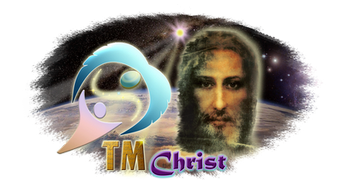We will now begin to weave the political aspect into the fabric of these Basic Concepts that makes social sustainability a possibility in societies and nations. This will become a recurring aspect of future topics simply because other forms of government do not allow for the full expression of self-determination by its citizens. Remarkably, the authors of theDeclaration of Independence got it very, very right because the words they used are very, very close to the three values of social sustainability:
We hold these truths to be self-evident, that all [people] are created equal, that they are endowed by their Creator with certain unalienable [values], that among these are Life, Liberty and the pursuit of Happiness.
Within this short sentence lies the first declaration of the universal and timeless values [truths] that chartered the first paradigm of democracy in the American United States. What these postings provide readers are the basic concepts of social sustainability that will enable citizens to design socially sustainable organizations within the three pillars of society: a sustainable society, sustainable democracy and sustainable economy.
What we will also be doing along the way is to uncover the assumptions of our beliefs that have undermined our capacity to think about topics holistically, integrally. One assumption we have failed to uncover since 1776 (238 years!) lies in the clause, “…all [people] are created equal,…” There is a truth and an assumption in that short clause.
For us to truly accept social sustainability as an intrinsic aspect of our culture, we must turn our thinking away from seeing each other as just another quantity of one, equal to every other person as a quantity of one. The assumption in this clause is another truth that all school children know — we are truly unequal to each other and ever shall be. Yes, we are equal as a quantity of one to each other. The truth that 1 = 1 is incontestable. But, it is equally true that the qualities we bring to life are what gives us value to our family, community, society and our nation and sets us apart from all other citizens and the most important aspect of being a citizen in a democracy.
As a parallel, if two soccer teams have eleven players each on the pitch, what makes the difference of who wins and who loses? Of course, the better quality of players is what makes the difference. It takes more than numbers of voters to make a democracy become a sustainable democracy; it takes quality of participation.
